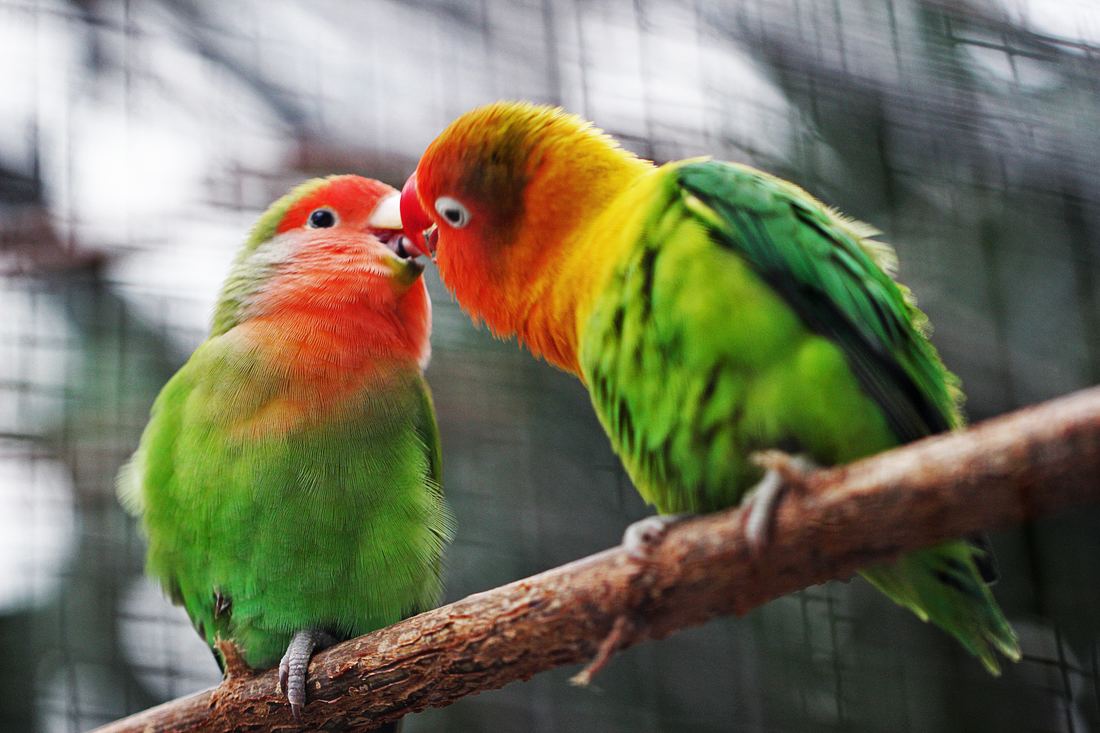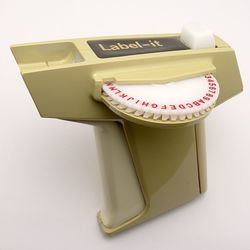 Lorrie Moore
Lorrie Moore Whee! I love Lorrie Moore.
I’m listening to her story collection called Self-Help right now, and I’m thoroughly enjoying and admiring it.
Most of the stories put the reader in the center of the action. (That’s de rigueur for copywriting, but an unconventional approach for fiction.) The author will tell you “How to Be an Other Woman” or give you “The Kid's Guide to Divorce,” colorfully spelling out what actions you might go through, what observations you might make, what emotions you might feel. It’s so intriguing, so effective, and so creative.
Also creative is the way the story “How to Talk to Your Mother (Notes)” moves backward, one year at a time. That sounds like it might feel annoying or confusing, but it works beautifully and really tugged my heart every which way.
Here’s a tidbit from it:
The hum, rush, clack of things in the kitchen. These are some of the sounds that organize your life. The clink of the silverware inside the drawer, piled like bones in a mass grave. Your similes grow grim, grow tired.
I could hear, see, and feel that kitchen drawer. And I appreciated how Moore poked fun of her own description.
There’s humor sprinkled throughout these tales. Here’s a cat cleaning herself in “Amahl and the Night Visitors: A Guide to the Tenor of Love”:
She sees you watching, freezes, blinks at you, then busies herself again, her face in her belly, one leg up at a time, an intent ballerina in a hairy body stocking.
Amidst all this entertaining, evocative writing, the thing that really stopped me in my tracks, that made me want to blog about this author and this book, is a device called a zeugma. (Great to know for Words with Friends or Scrabble. That Z alone is worth 10 points!)
A zeugma, as Merriam-Webster explains, is
the use of a word to modify or govern two or more words usually in such a manner that it applies to each in a different sense or makes sense with only one (as in “opened the door and her heart to the homeless boy”).
So. In the story entitled “How,” Moore writes:
But I love you, he will say in his soft, bewildered way, stirring the spaghetti sauce but not you, staring into the pan as if waiting for something, a magic fish, to rise from it…
Stirring the spaghetti sauce but not you. I love it.
If you look up “zeugma” on Wikipedia, you will find yourself in a complex hamster Habitrail® of rhetorical devices. But for regular people like me, zeugmas are typically just unexpected, playful, and fun. Wordplay, as they say.
(Side note: The etymology of zeugma has to do with connecting, linking, or yoking. The ancient city of Zeugma is so called because of a local bridge of connected boats that crossed the Euphrates.)
Here are some literary zeugma examples that I found on this Your Dictionary page:
Yet time and her aunt moved slowly—and her patience and her ideas were nearly worn out before the tête-à-tête was over. – Jane Austen, Pride and Prejudice
He was alternately cudgeling his brains and his donkey. – Charles Dickens, Oliver Twist
They tugged and tore at each other's hair and clothes, punched and scratched each other’s nose, and covered themselves with dust and glory. – Mark Twain, The Adventures of Tom Sawyer
I’ll tell you this much: Zeugmas are tricky to write. I don’t even want to admit how much time I spent on the title of this blog.
Give it a try. Write a zeugma. See how it goes—and why these things aren’t more common.
PS: The book link above is an affiliate link. So I can keep rolling in the pennies.



 RSS Feed
RSS Feed